
10 Common Toxic Household Items and Safer Alternatives to Protect Your Health
Many everyday household products contain harmful chemicals, but simple, natural alternatives can keep your home safe and healthy.
Proper hydration is key to boosting mood, supporting weight management, and improving focus. Knowing when and how much water to drink can help you maximize these benefits and maintain your overall well-being.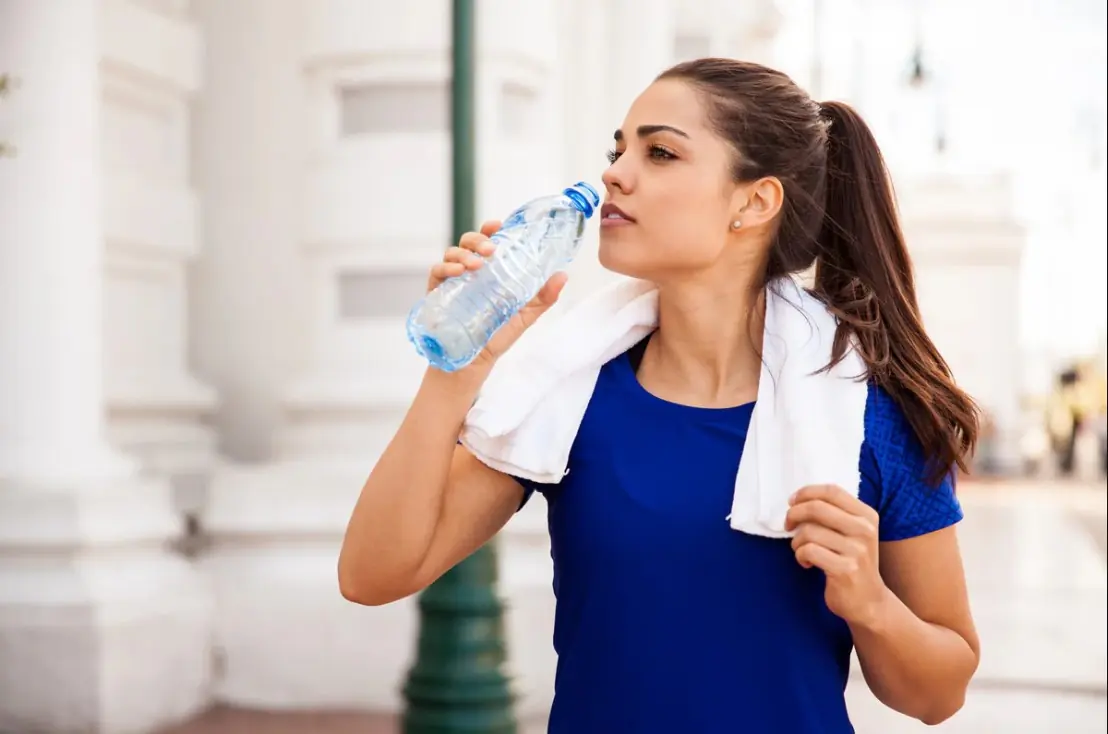
Understanding the Importance of Hydration
Water is essential for nearly every bodily function. “Every cell in our body requires water to function optimally,” says Sarah Krieger, registered dietitian nutritionist based in Florida. Hydration supports digestion, heart health, brain function, and more. But drinking the right amount isn’t enough; timing plays a crucial role in how your body benefits from water.
The general guideline for daily fluid intake varies depending on age, sex, activity level, and environment. Krieger advises clients to drink half their body weight in ounces. For example, a person weighing 140 pounds should aim for 70 ounces of fluids daily. The National Academies of Sciences, Engineering, and Medicine recommend approximately 13 cups (104 ounces) for men and 9 cups (72 ounces) for women.
When to Drink Water: 7 Optimal Times
1. Right After Waking Up: Hydrate to Kickstart Your Day
Starting your morning with 1 to 2 cups of water helps replenish fluids lost overnight. Because you don’t drink while sleeping, your body can wake up dehydrated, which can leave you feeling sluggish. Drinking water first thing boosts metabolism and helps with digestion, especially if you take morning medications.
Pro tip: Coffee can count toward hydration in moderation but shouldn’t replace water.
2. Before Meals: Curb Your Appetite and Support Weight Management
Drinking a glass of water before eating can promote satiety and reduce overall calorie intake, aiding weight control. A 2018 study found that individuals who drank water prior to meals consumed fewer calories and felt equally satisfied as those who didn’t.
Drinking cold water might even help curb appetite further. A 2019 study showed that participants who drank iced water ate less than those who drank warm water.
3. During Meals: Aid Digestion, Especially with Fiber-Rich Foods
Water helps your digestive system process food effectively, especially fiber-rich fruits, vegetables, and whole grains. Fiber absorbs water to form stools and promote regular bowel movements, reducing the risk of constipation and maintaining gut health.
4. In the Midafternoon: Combat Energy Slumps Without Caffeine
Instead of reaching for sugary snacks or coffee during the common afternoon energy dip, try drinking water to stay energized and focused. Dehydration can cause fatigue, irritability, and mood swings. Staying hydrated supports mental clarity and steady energy levels throughout the day.
5. When You Have a Headache: Relieve Symptoms by Rehydrating
Dehydration is a common cause of headaches and migraines. According to the National Headache Foundation, increasing water intake can reduce the frequency and severity of migraines. If you feel a headache coming on, drinking water should be your first remedy.
6. Before, During, and After Exercise: Optimize Performance and Recovery
Hydrating before physical activity is essential but avoid drinking large amounts immediately prior to exercise to prevent discomfort. Instead, increase fluid intake in the days leading up to intense workouts.
During moderate exercise, drink water regularly to replace fluids lost through sweat. Post-workout hydration aids recovery by replenishing lost fluids and maintaining electrolyte balance.
7. Before Bedtime: Keep Water Nearby but Avoid Excess
While it’s important to stay hydrated before sleep, drinking too much water can interrupt rest due to nighttime bathroom trips. Keep a glass nearby to sip if you wake thirsty, which is especially helpful for those on medications that cause dry mouth.
Expert Tips to Build a Sustainable Water-Drinking Habit
Track Intake With Bottles or Apps
Counting cups or ounces can be confusing. Try measuring how many times you fill your water bottle (e.g., a 500 ml bottle filled four times equals two liters). Apps like Plant Nanny or Madefor can gamify hydration and keep you motivated.
Customize Your Water
If plain water feels boring, experiment with temperature, carbonation, or infusions such as lemon, cucumber, or mint. These options can make drinking water more enjoyable.
Keep Water Visible
Place a water bottle or glass within reach throughout the day and by your bedside as a visual reminder to drink regularly.
Additional Insights and Benefits of Proper Hydration
Mood and cognitive function: Even mild dehydration impairs concentration, memory, and mood stability.
Physical performance: Dehydration by as little as 2% of body weight can reduce strength and endurance.
Weight loss: Drinking water before meals helps control appetite and supports metabolism.
Skin health: Adequate hydration improves skin elasticity and complexion.
Detoxification: Water aids kidney function and toxin elimination.
Conclusion
Hydration is not just about drinking enough water but knowing the best times to consume it for maximum benefit. Incorporate these seven optimal times into your daily routine to boost energy, enhance digestion, improve mood, and support overall health. Small, consistent habits will pave the way for a healthier, more productive life.
Frequently Asked Questions
How much water should I drink daily?
Aim for half your body weight in ounces as a baseline, adjusting for activity, climate, and health status.
Can other beverages count toward hydration?
Yes, drinks like coffee, tea, and milk contribute, but water remains the best source.
What if I forget to drink water?
Set reminders, keep water visible, and use apps to build a hydration habit.

Many everyday household products contain harmful chemicals, but simple, natural alternatives can keep your home safe and healthy.

Fuel your day with the right foods and habits—discover how to sustain your energy, avoid fatigue, and eat smart with our expert-backed 7-day meal plan.

Discover how everyday spices not only enhance your meals but also offer remarkable health benefits, from reducing inflammation to boosting heart and brain health.

Caring for pets doesn’t have to be expensive or stressful—these 10 easy hacks make life better for you and your furry friends!

Certain foods can naturally help your body fight parasites while a holistic approach offers personalized care.

Feeling stuck in a rut? It’s time to reclaim your motivation and unlock your full potential.

Master the art of home cleaning by knowing exactly what to clean—and when—to keep your living space fresh and organized effortlessly.
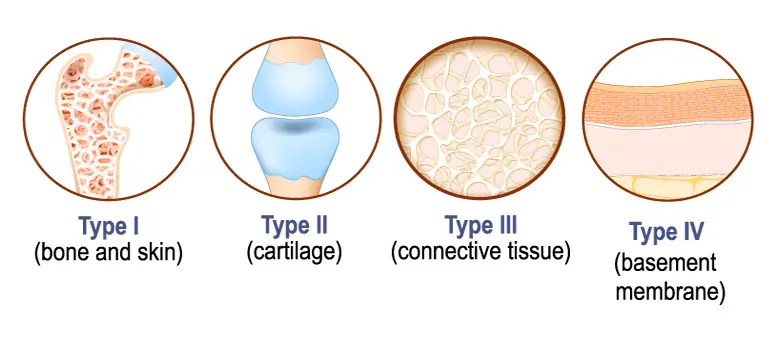
Discover the fascinating story behind collagen types and how they support your body’s health and beauty.
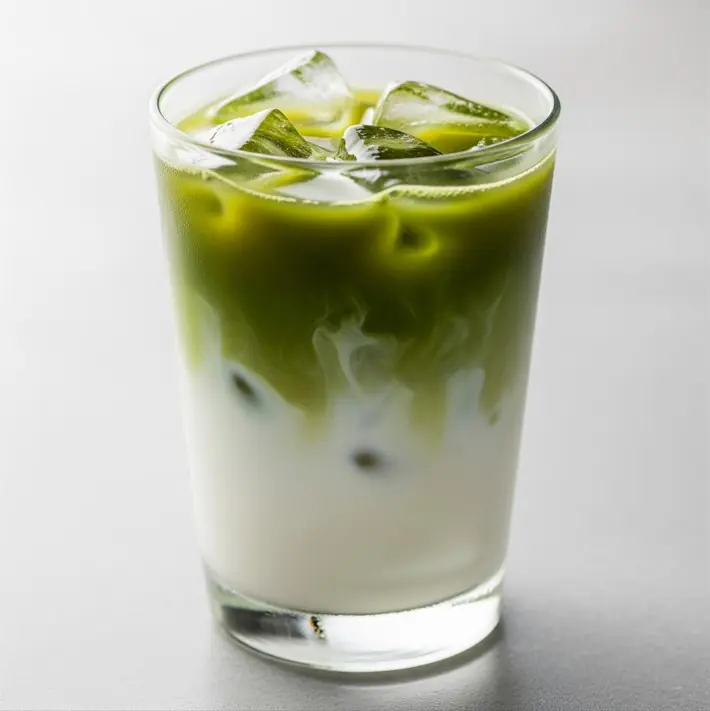
Beat the heat with these nutritious and delicious beverages perfect for tropical climates and sunny days.
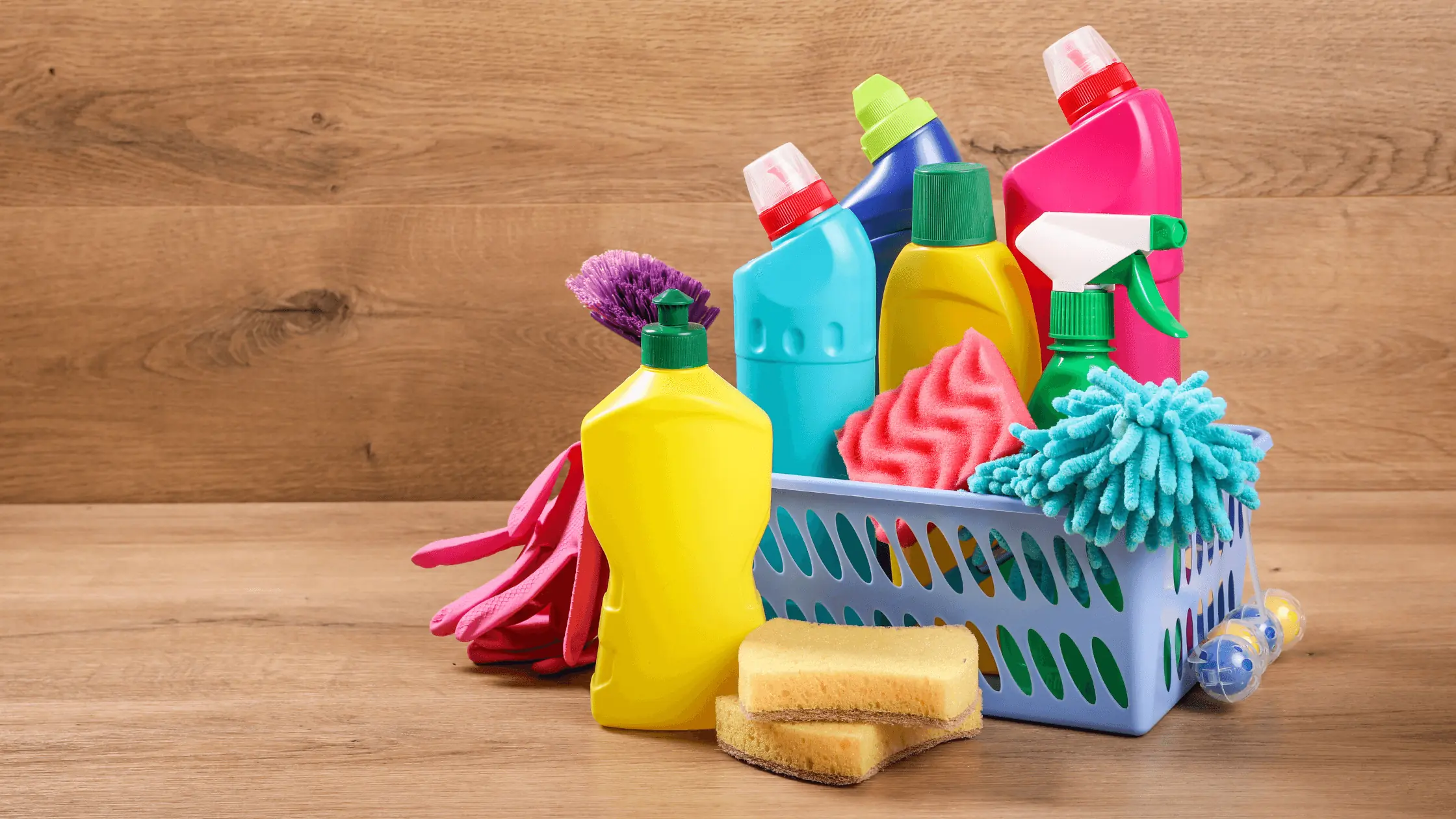
Master your cleaning routine by knowing exactly what tasks to tackle—and when—to keep your home fresh and inviting all year round.

Your diet plays a crucial role in immune health—learn which common foods might be harming your defenses and how to strengthen them naturally.
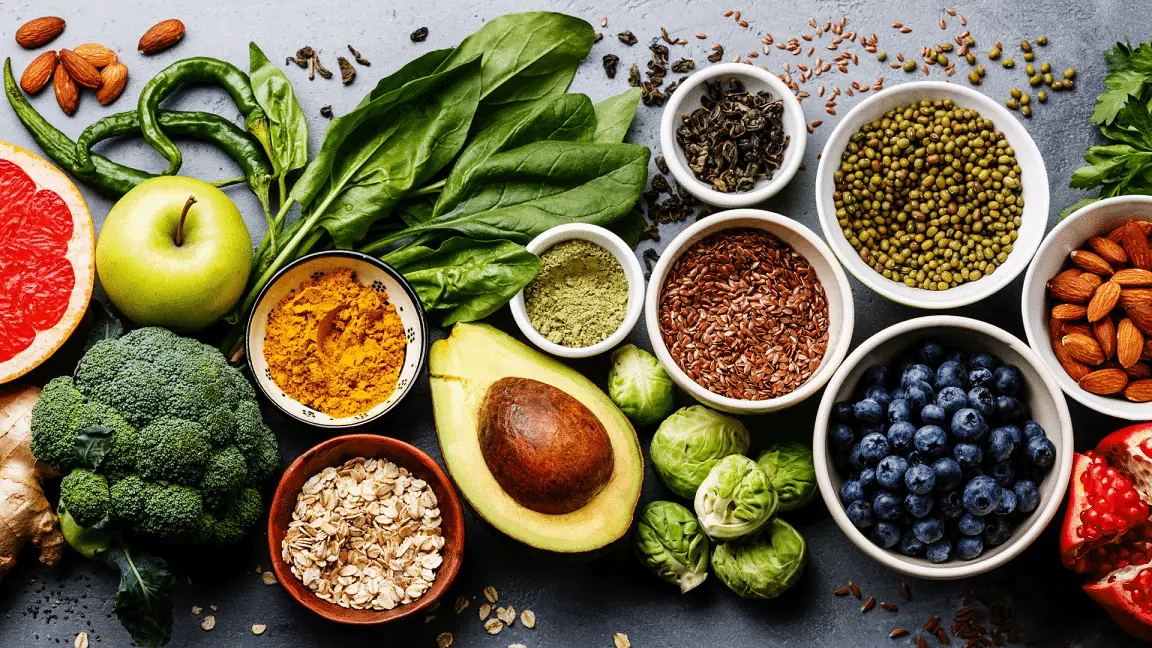
Incorporate these nutrient-packed foods into your diet to maintain electrolyte balance and promote optimal health.
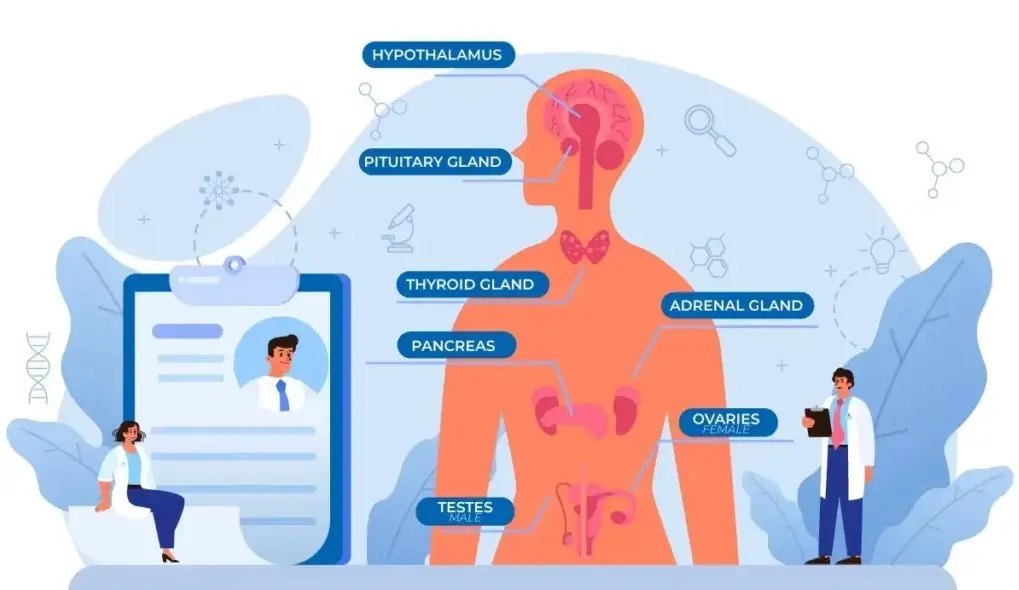
Hormones play vital roles in regulating your body’s functions, affecting both physical and mental well-being.
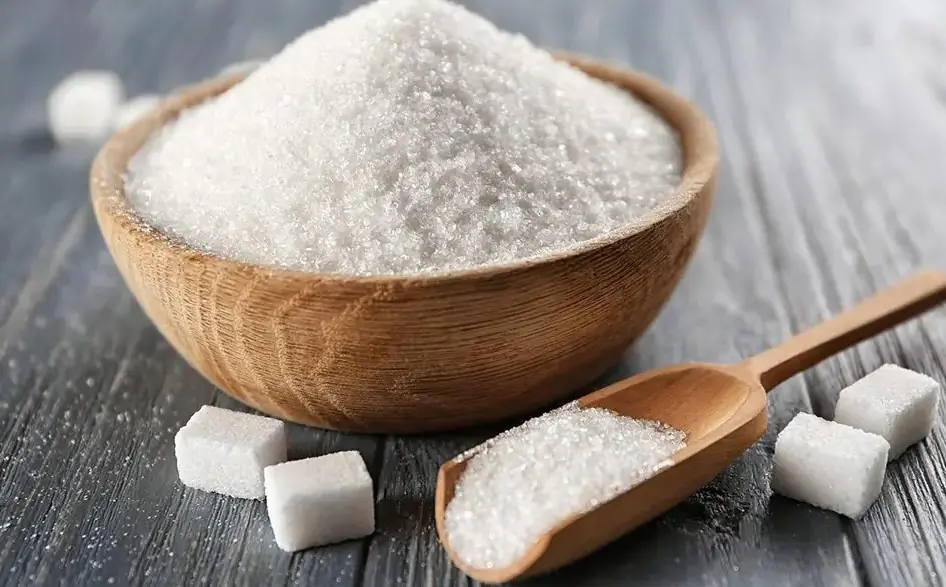
Understanding the wide-ranging effects of sugar can help you make healthier choices and protect your well-being.

Discover how vinegar’s versatility can simplify cleaning, pest control, and even personal care in your daily life.

Discover easy homemade vinaigrette recipes that add a burst of freshness and zest to your meals.

Discover simple, effective ways to clean and care for your jewelry at home—no expensive trips needed!
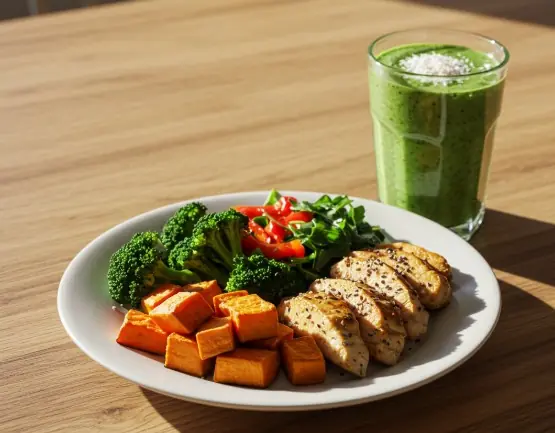
Learn simple daily routines that calm inflammation and help protect your body from chronic diseases.

Never let a missing ingredient stop your baking — discover reliable swaps for spices, liquids, flours, and more!

Many everyday household products contain harmful chemicals, but simple, natural alternatives can keep your home safe and healthy.


Fuel your day with the right foods and habits—discover how to sustain your energy, avoid fatigue, and eat smart with our expert-backed 7-day meal plan.


Discover how everyday spices not only enhance your meals but also offer remarkable health benefits, from reducing inflammation to boosting heart and brain health.

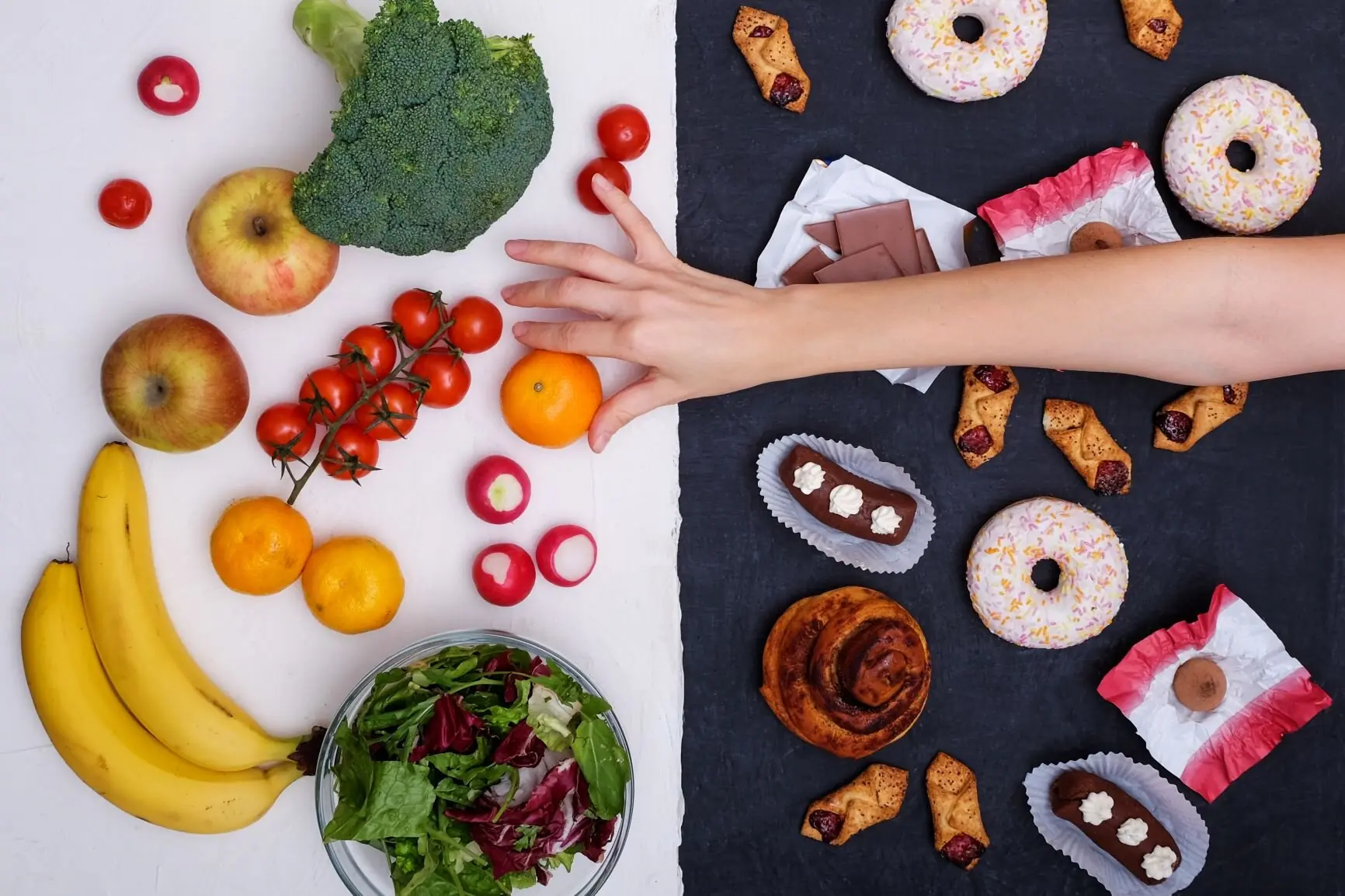
Simple swaps for a healthier diet: cut sugar, salt, and fat with easy food and drink alternatives.

Jammie’s lavish lifestyle crumbles when har$h truths confront her. With a mother-in-law’s quiet strength and a daughter’s innocence, she discovers that true wealth lies in love and responsibility. A heartfelt story of redemption and family.
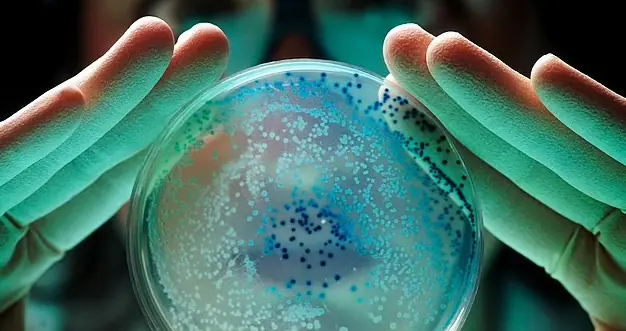
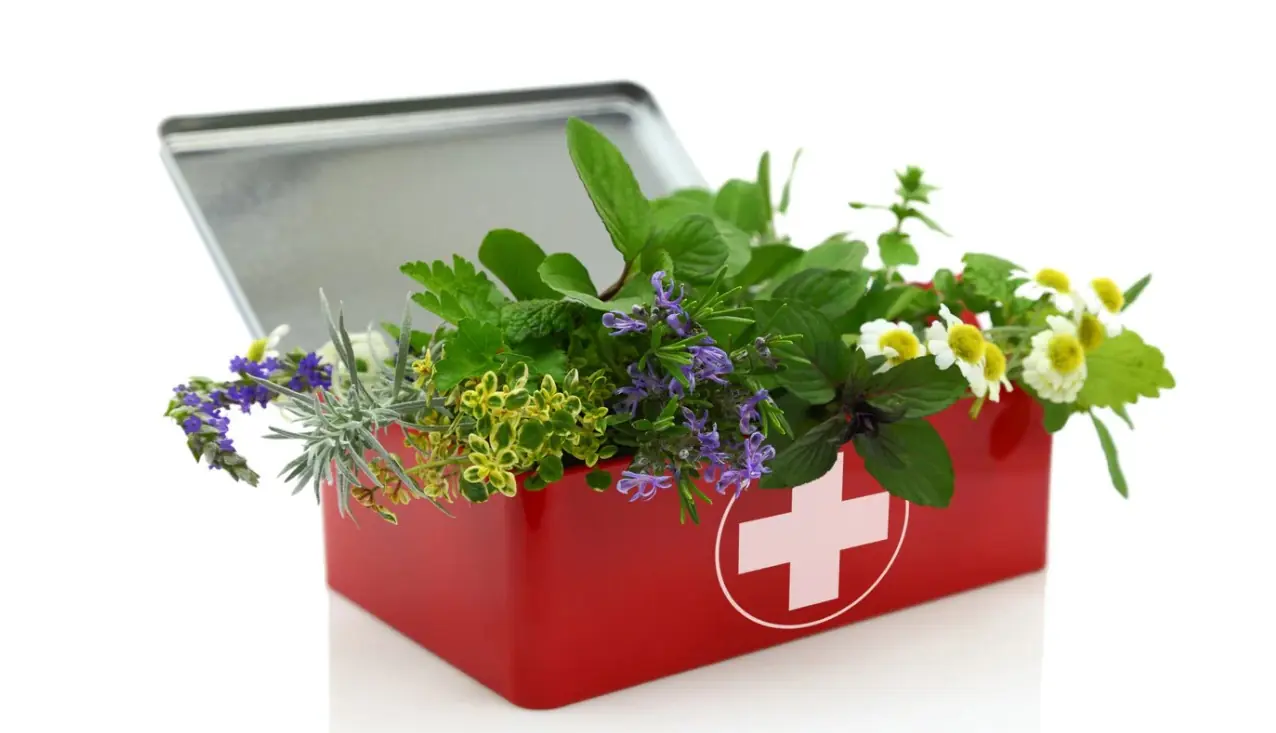
An Herbalist’s Summer First Aid Kit by Thelittleshine Most of us keep a first aid kit at home, don’t we? We keep things like anti-histamine tablets, bandaids, gauze and cotton, antiseptic cream etc., to treat cuts, burns, scrapes, rashes and more.


She further revealed the struggles she faced with b:reastfeeding her children, noting how the accumulated stress took a severe toll on her physical and mental health.

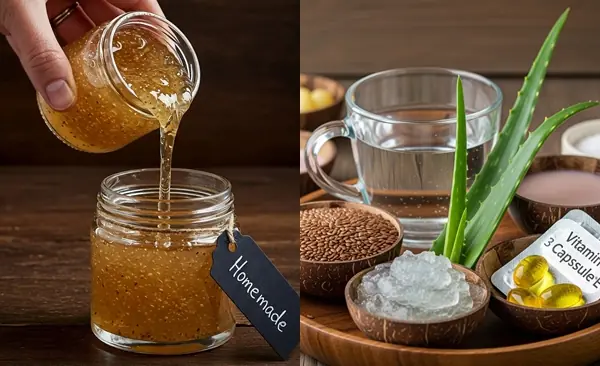
By embracing this DIY beauty secret, you’re not just caring for your skin; you’re investing in a sustainable, holistic, and personalized skincare routine that celebrates the wisdom of nature.

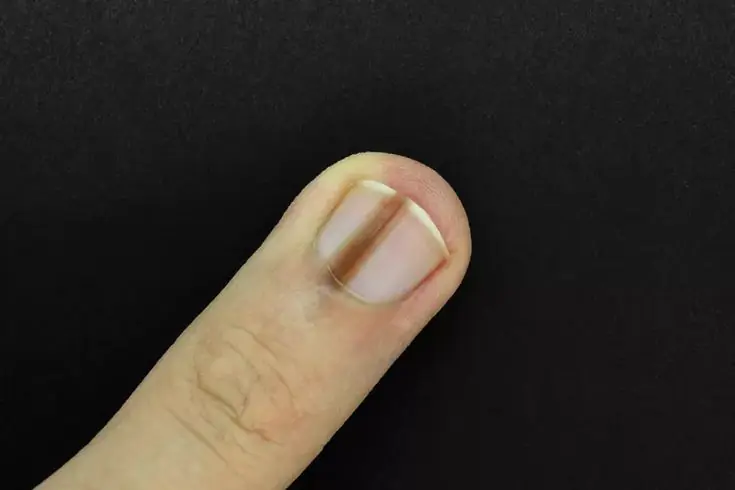

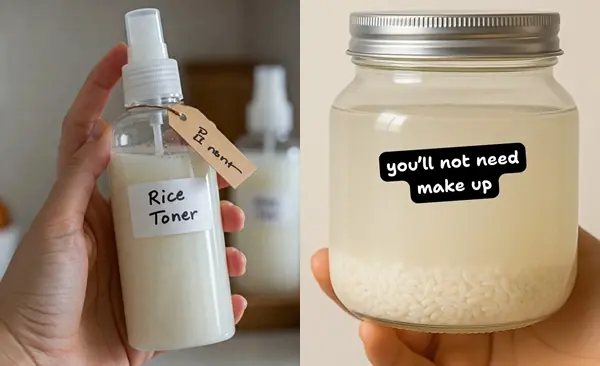
By harnessing the gentle power of rice, aloe vera, vitamin E, and natural oils, you can create a soothing, hydrating, and brightening regimen that’s customizable and free from harsh chemicals.
